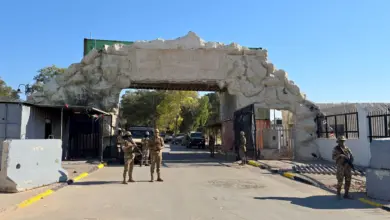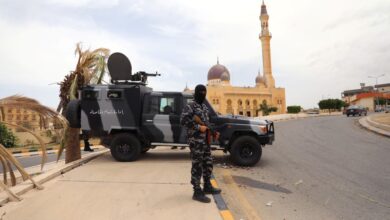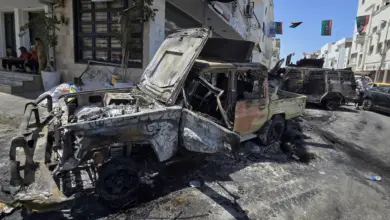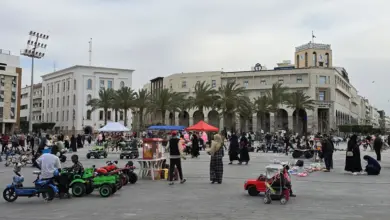
Libya’s eastern-based parliament voted on Tuesday to approve some UN proposals aimed at unifying the divided North African nation, although major obstacles remain for a deal to stabilize the oil producer.
The UN launched a new round of talks in September to end years of turmoil in Libya following a 2011 NATO-backed uprising and unite the rival governments and parliaments in Tripoli and the east.
Choosing the members of the presidency and the government, and settling the question of military leadership are seen as the biggest hurdles to any deal.
Only a minority of members of the House of Representatives in Benghazi took part in Tuesday’s vote, so it is unclear to what extent it will advance the latest push for a political deal. Opposition in the House had been a key obstacle to previous UN peace efforts.
A rival assembly in Tripoli is also meant to approve the proposals.
The UN talks were suspended in October, but the organization has been working behind the scenes. Its envoy Ghassan Salame said last week that delegations from rival assemblies were “close to a consensus”.
On Tuesday, a majority of about 75 members of the House present approved UN proposals regarding the broader structure of a future government, said Fathi al-Marimi, an adviser to House speaker Agila Saleh.
An unspecified number were flown in by Saleh on a private plane, he said.
The House session had originally been planned for Monday but was postponed when a UN flight carrying some deputies based in western Libya was prevented from landing.
The UN proposals are aimed at relaunching a deal signed in December 2015, which produced a UN-backed government in Tripoli that has struggled to assert its authority and never been accepted by factions that control the east of the country.
Salame said last week that he was planning to hold a national conference in February to agree how to finalize a transition, and that the UN was working to establish the right conditions for holding new elections.




